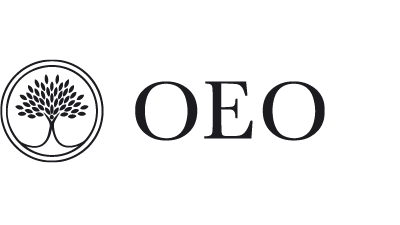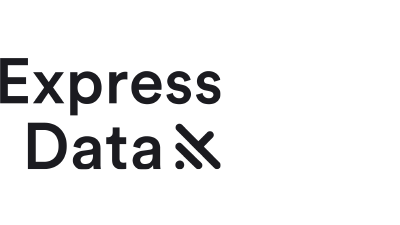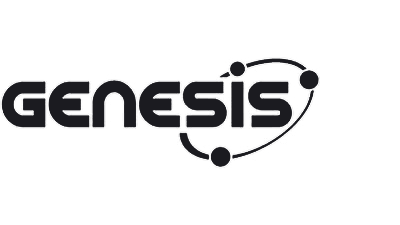As social media platforms like Facebook evolve to capture user interest and encourage community interaction, marketers are confronted with new challenges and opportunities. Facebook, once at the forefront of social media marketing, now contends with platforms such as Instagram, Snapchat, and TikTok for user engagement. With organic visibility becoming increasingly elusive, businesses are exploring alternative strategies to stand out in a crowded digital landscape.
The introduction of Facebook’s group tagging feature, designed to enhance visibility and interaction within groups, presents a new dilemma. This tool, allowing posts to tag all members simultaneously, promises improved communication. Yet, it begs the question: Does it actually foster engagement, or does it drive users away?
The challenge of standing out
As social media platforms prioritise paid content, traditional organic engagement tactics, like hashtag use, are losing their effectiveness. This shift has left businesses scrambling for alternatives, with Facebook’s group tagging emerging as a tempting option. But at what cost?
Originally intended to streamline communication within Facebook Groups, the @everyone tag now risks becoming a victim of its own success. The feature’s potential to flood users’ notifications with mentions has led to growing dissatisfaction. Instead of fostering engagement, it risks overwhelming users, prompting them to disengage from groups altogether to escape the barrage of alerts.
Facebook groups: A double-edged sword
Facebook Groups have long been celebrated for creating spaces where like-minded individuals can connect and engage directly with brands. Yet, the indiscriminate use of mass tagging threatens to undermine the sense of community these groups were built to nurture. The deluge of notifications not only annoys users but also buries meaningful content under a mountain of mentions.
The key to leveraging Facebook’s group tagging feature effectively lies in moderation. Marketers and group administrators must resist the temptation to overuse this tool, reserving it for truly significant announcements. Understanding group members’ preferences and establishing clear communication guidelines can help maintain the quality of interactions and preserve the user experience.
Redefining engagement on Facebook
Despite the challenges, Facebook remains a powerful platform for building communities and engaging with customers. However, success now requires a shift in strategy—from chasing maximum reach to cultivating meaningful connections. Delivering engaging, relevant content that resonates with your audience is more crucial than ever in sustaining interest and loyalty.
The introduction of features like group tagging underscores the delicate balance between enhancing platform functionality and respecting user preferences. As Facebook continues to evolve, so too must the strategies businesses employ to engage with their audiences. By prioritising content quality and mindful engagement, marketers can navigate the complexities of social media marketing in a way that enriches the user experience, rather than detracting from it.
For businesses seeking to refine their social media strategy in this nuanced landscape, Waypoint Digital Marketing offers expert guidance and support. Contact us to explore how we can help you navigate the challenges and opportunities of marketing on Facebook and beyond. You can reach us on 01962 862760 or info@waypointdigitalmarketing.com.



